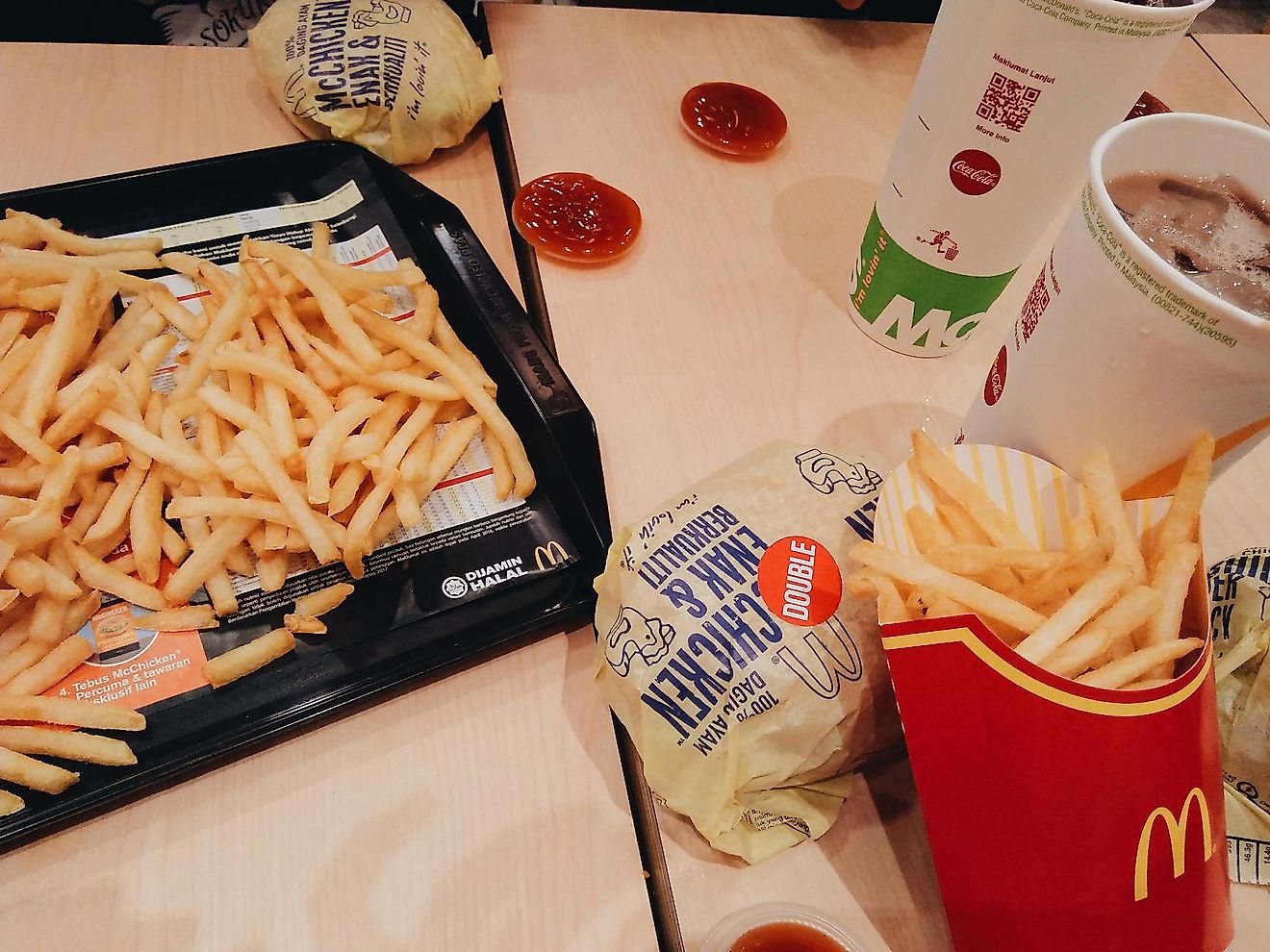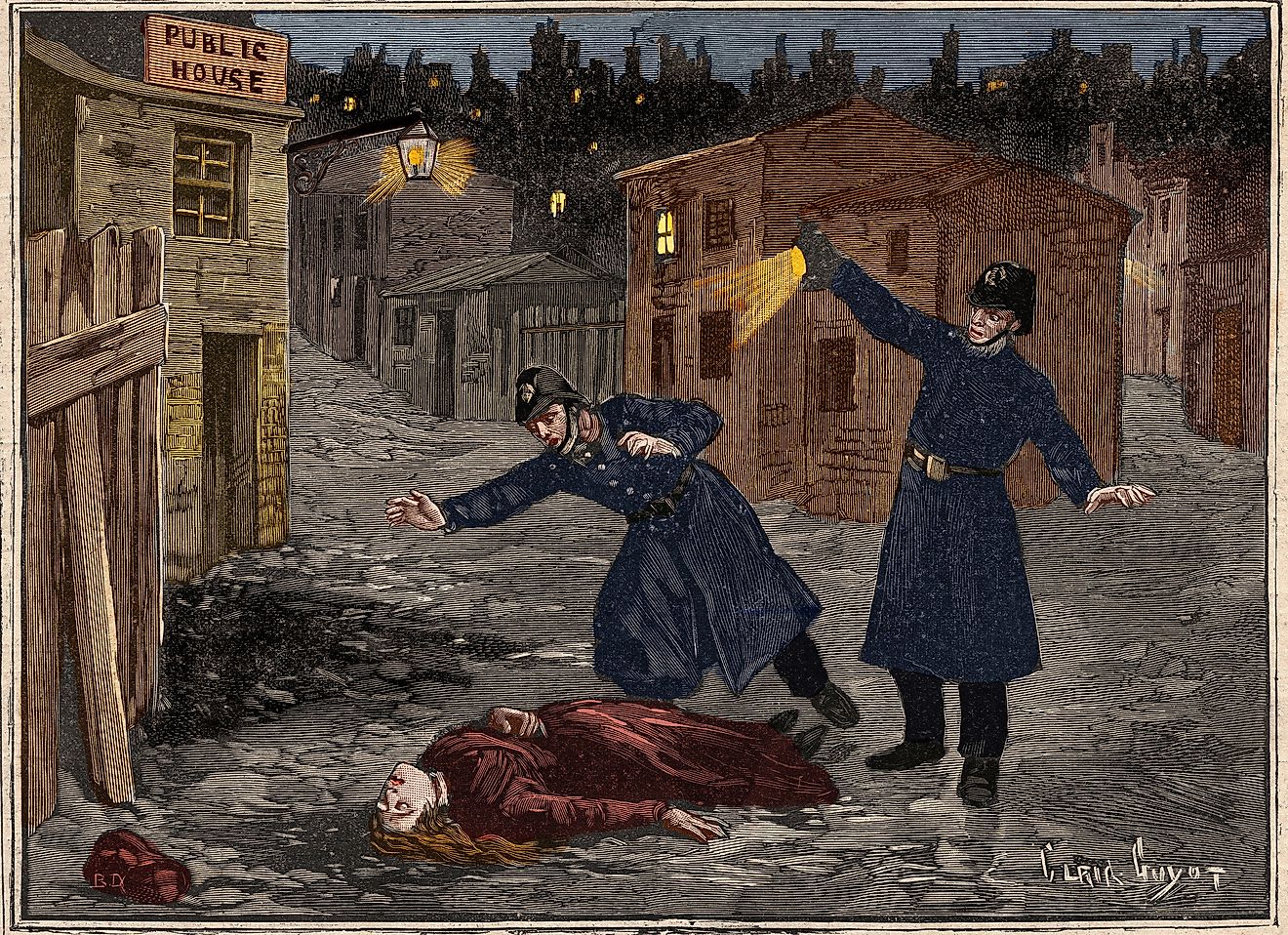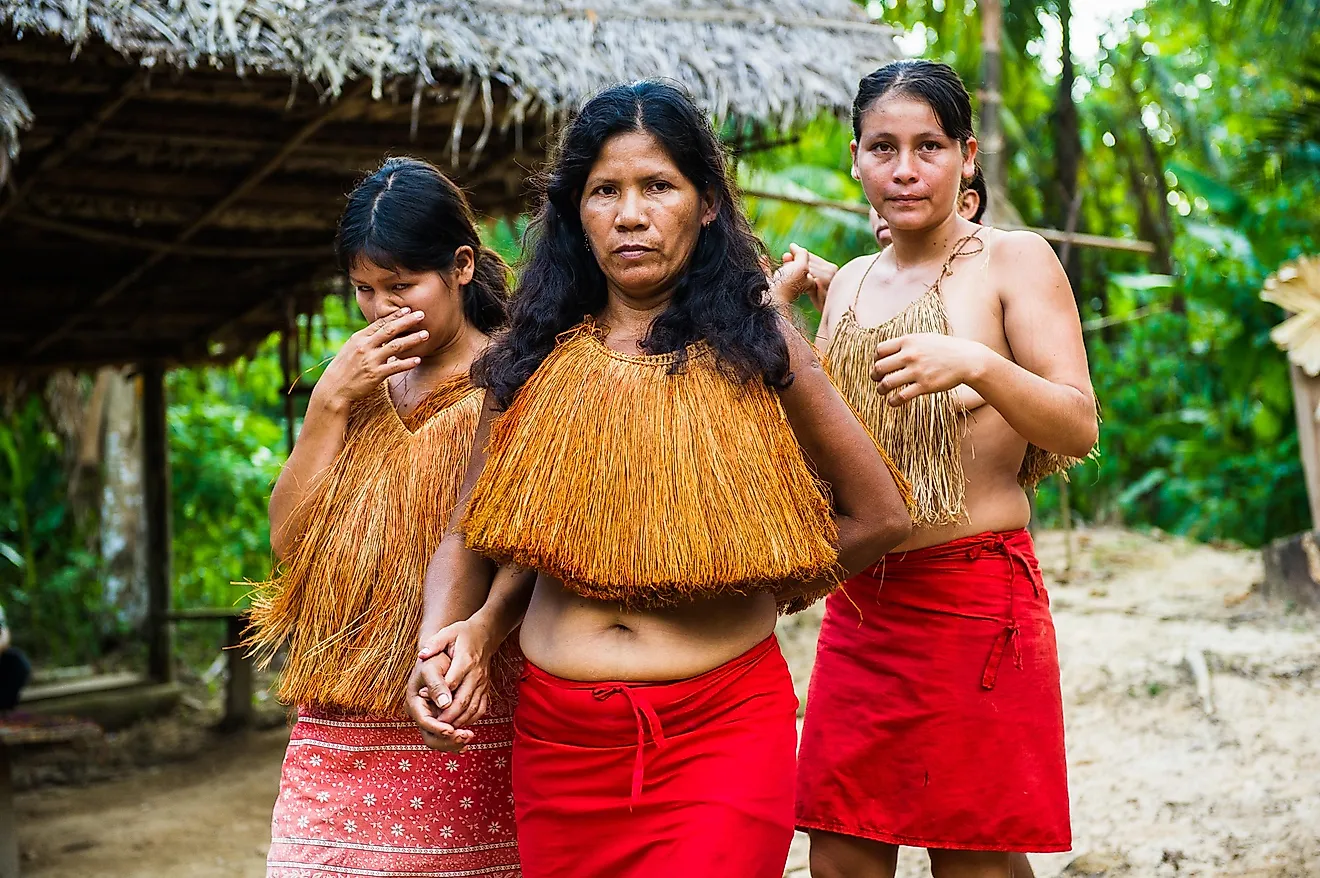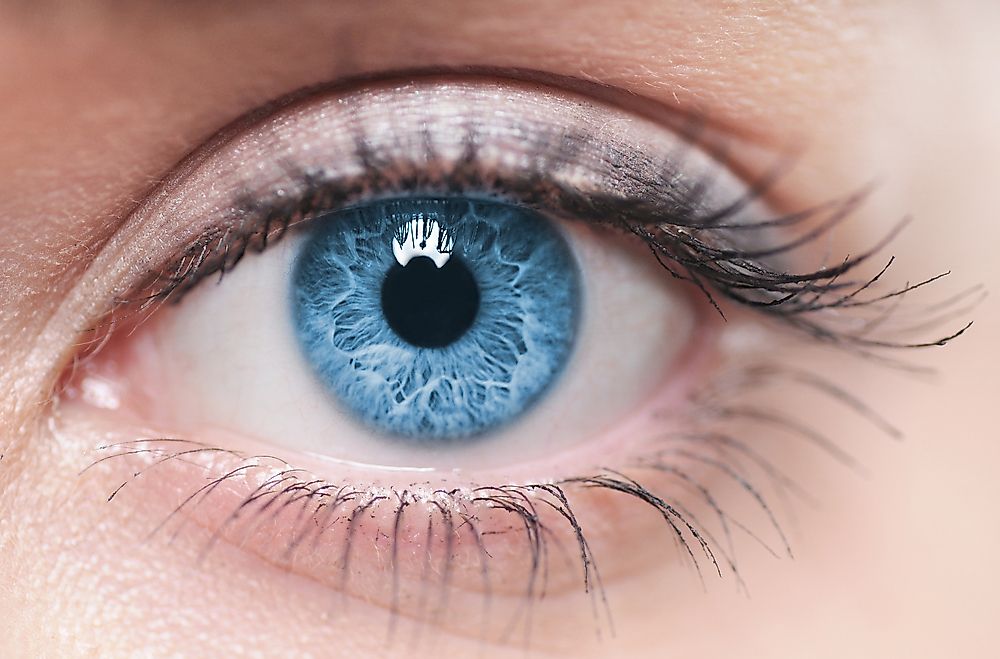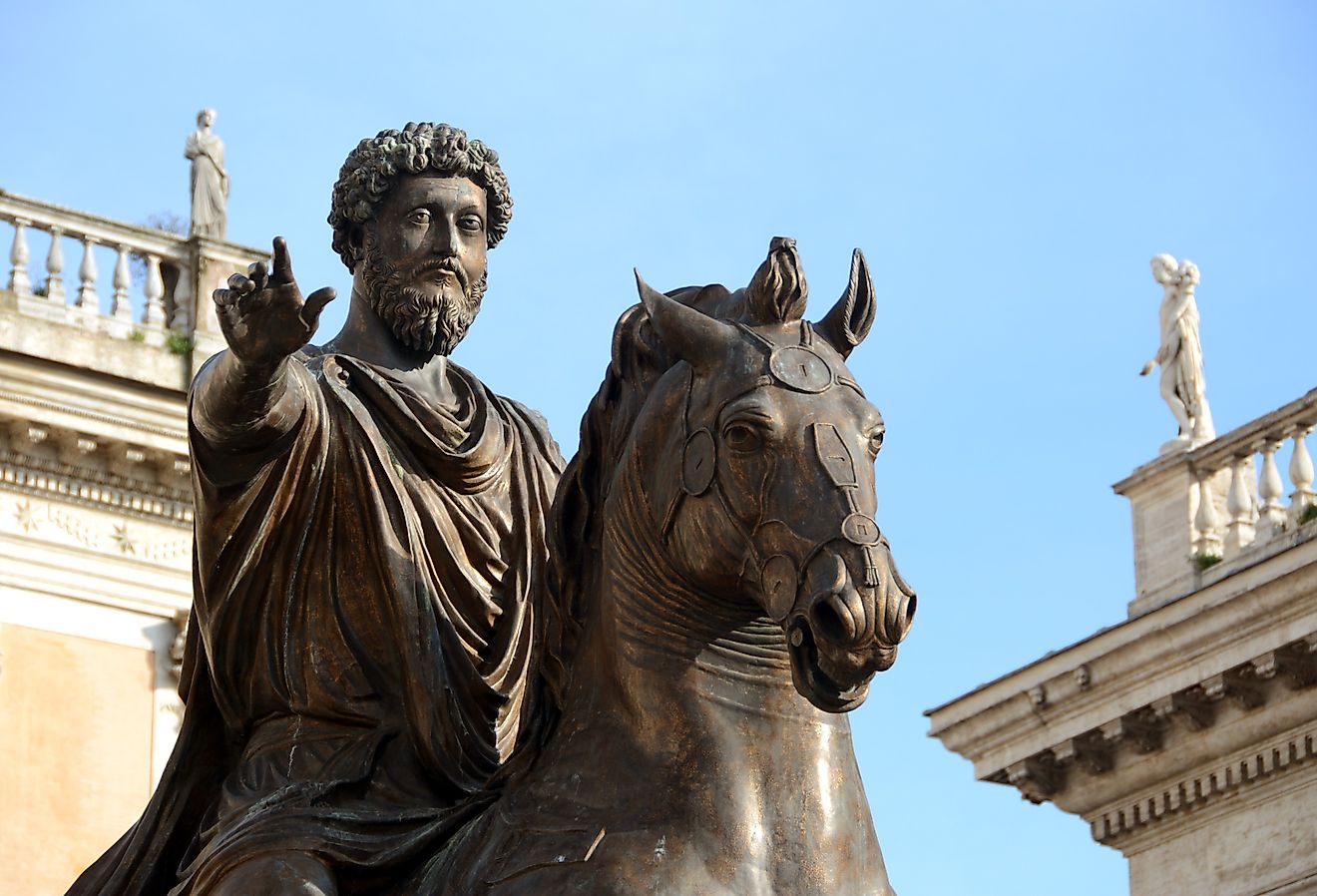What is British Culture?

The culture of the United Kingdom is rooted in the country’s long history. British culture is complicated yet straightforward, confusing yet interesting. For instance, the favorite national dish is an Indian curry and the driving is always on the left-hand side of the road. UK culture is heavily influenced by elements of its countries: England, Scotland, Wales, and Northern Ireland. As one of the world’s superpowers and one of the oldest sovereign nations, the UK has had a significant influence on the cultural practices and traditions of many countries across the globe including the US.
British Cuisine
British cuisine has a particular set of cooking traditions that are associated with the constituent countries of the UK. A few centuries ago this cuisine comprised mostly of dishes crafted from local ingredients and served with simple sauces to enhance the flavor. The growth and the expansion of the British Empire in India brought the Indian food traditions of strong spices and herbs. Curry is now a national favorite having been brought into the country by Indian migrants. Although the cooking traditions and styles have primarily remained the same, over the years the food and drink in the UK has changed as a result of the growth of commercial eateries. People have less time to cook as they spend more time at work and school.
Art and Literature
The appreciation of art in Britain is evidenced by its many art galleries and the legendary works of famous artists like John Constable and William Blake. Art has remained part of British culture and comprises of works in different artistic movements. The UK has a rich history in the literature which was inherited from the literary traditions of its constituent countries. There are literary pieces written in Celtic languages and Old English. Over the centuries, Britain has produced renowned writers including William Shakespeare, Geoffrey Chaucer, John Milton, J.R.R. Tolkien and J.K. Rowlin. The works of William Shakespeare, specifically Romeo and Juliet, have been read by millions of people across the globe and as of 2017 it had been translated into at least 100 languages. J.K. Rowling is one of UK’s most prolific writers of the 21st century with her Harry Potter series sold over half a billion copies, ranking as the best-selling book series of all time. The Hobbit and the Lord of the Rings both written by J.R.R. Tolkien are also UK literary works that rank among the top 10 bestselling books in the world. They have since been adapted into award-winning films.
Theatre and Music
Since its formation, the UK has retained a vibrant tradition of theatre most of which was inherited from Scotland and England. The Theatre Royal in Westminster is one of the oldest theatres in Europe with its roots going far back into the mid-17th century. Over the course of the 18th century, there was an increased interest in sentimental comedy and domestic tragedy both of which replaced the provocative restoration comedy of the time. Italian opera also became quite popular during this time. Music plays a crucial role in Britain’s pop culture and is a major export of the UK valued at around $1.86 billion. The UK also pioneered several types of electronic dance music such as dubstep, trip-hop, and drum and bass. The UK has produced some world-renowned musicians like the Rolling Stones, the Beatles, and Adele who have all had an immense influence on both the British and global music scenes.
Sports and Leisure
The United Kingdom has played an essential role in the inception, growth, and development of some of the world’s most popular sports such as football, golf, rugby, and tennis. The English Premier League is one of the world’s most-viewed sports tournaments drawing viewership of more than 160 million people from more than 200 countries across the globe. This viewership is only rivaled by tournaments such as the FIFA World Cup. The UK has four national football teams owing to its four constituent countries.
Religion
The UK was founded as a Christian country with the Anglican Church being the main denomination. Anglican churches are still the largest group in each of the four countries except in Scotland. UK Christians predominantly subscribe to Protestantism as opposed to Roman Catholicism which is the second largest group in the country. The royal family is a member of the Church of England which is the mother church of the global Anglican Communion. The monarch holds supreme governance of the church although the Archbishop of Canterbury is the most senior cleric of the institution. Britain is, however, becoming less and less of a Christian country with the numbers of people who consistently attend church service on Sunday diminishing with time. Hinduism, Sikhism, and Islam have large followership in the UK. The UK hosts the largest population of Indians outside India and also has the fifth-largest community of Jews in the world. British Jews number are about 300,000 today.
Fashion
Fashion in Britain has undergone a massive transformation over the years. The outfits won traditionally, even as recently as the Victorian era are significantly different from today’s fashion attire. Historically, fashion was conservative and restrictive. This scenario has changed over the years. Similar to today’s fashion, traditional English fashion had variations based on the season with the summer seeing men wearing breeches that were generally tight and fastened below the knee. Formal occasions demanded specified dress codes to be adhered to by everybody especially the royals and nobles. London is today the fashion capital of the UK. The city is home to some of the world’s most renowned fashion brands including Roland Mouret, Self Portrait, Paul Smith, Christopher Kane, and many others. The domestic value of the fashion industry in the UK is estimated to be around $88 billion.
Language
The English language was first spoken in early medieval years in England. It is currently the official language of the UK with roughly 95% of the population speaking as monolingual. English has had 1,400 years of development from its West Germanic roots to its current form. This language has drawn influence from Latin and French as well as Norse. It is not only the dominant language in Britain but is also the third most-spoken language in the world after Chinese Mandarin and Spanish and the most widespread language in the world. The individual countries of the UK also have frameworks that seek to promote their indigenous languages such as Welsh in Wales and Gaelic in Scotland.


